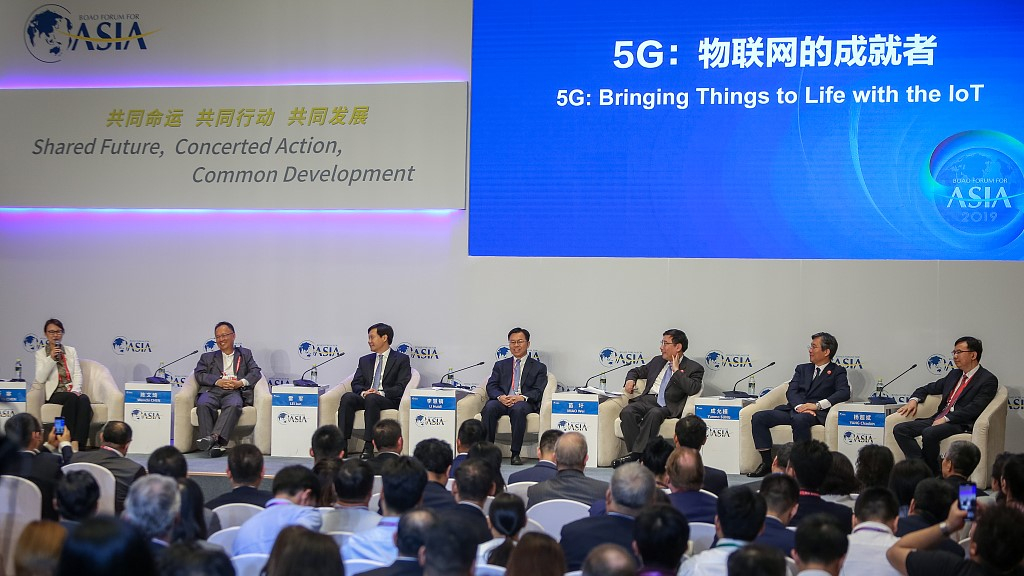A panel discussion titled "5G: Bring Things to Life with the IoT" was held during this year's Boao Forum for Asia to a full house in Boao, south China's Hainan Province on Thursday.
Panelists, including officials, industry leaders and operators, shared their thoughts on various aspects of the 5G industry.
China to accelerate the development of intelligent roads
Unlike the 3G and 4G eras which have multiple standards, the world is finally unified behind one standard for the 5G era.
"China made contributions in the standard-making process, but it's not in a dominant position," Miao Wei, China's Minister of Industry and Information Technology of China, said during the panel discussion.
According to the minister, China accounts for 30 percent of all 5G-standard-related patents registered in Europe.
"Although it seems like China might have an advantage in terms of the number of patents… the other 70 percent are in hands of institutes and companies of other countries," Miao said.
"(The united 5G standard) is a result of the joint efforts of all the nations."
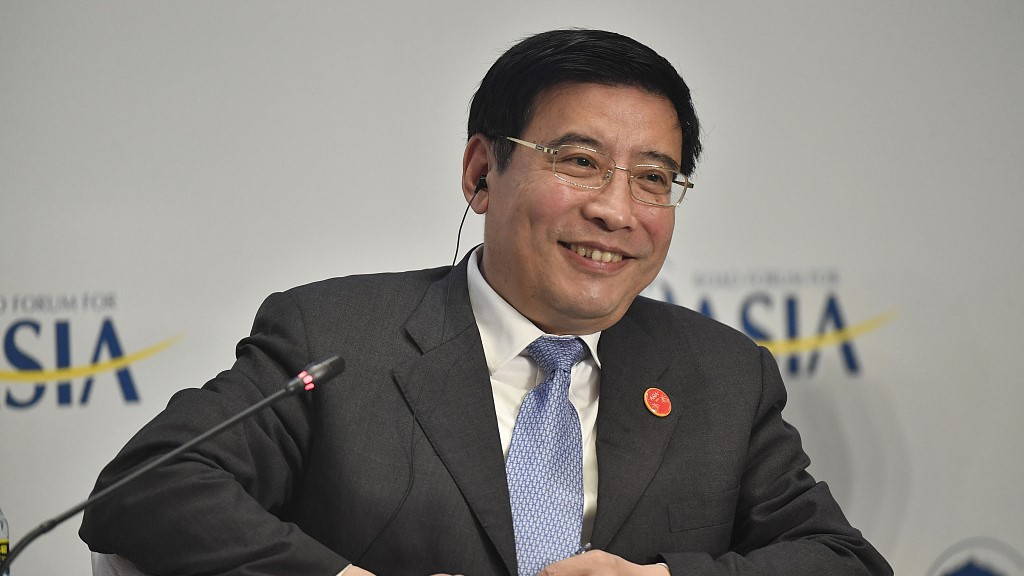
Miao Wei, Minister of Industry and Information Technology of China, speaks at a panel of Boao Forum for Asia 2019 in Boao, south China's Hainan Province, March 28, 2019. /VCG Photo
Miao Wei, Minister of Industry and Information Technology of China, speaks at a panel of Boao Forum for Asia 2019 in Boao, south China's Hainan Province, March 28, 2019. /VCG Photo
Miao believes that 20 percent of future 5G applications will be between people, and 80 percent between things.
He thinks highly of the Mobile Internet of Things (MIoT).
"The biggest market for MIoT might be Internet of Vehicles (IoV)," Miao said, adding that the application of autonomous cars driven by 5G might be the earliest to be realized.
IoV involves communications between people and cars, cars and cars, and cars and roads. The amount of data transmitted between vehicles is much bigger than those between people.
Cars are always in a state of motion. Thus, fixed-network services are not reliable.
The minister unveiled plans in association with the Ministry of Transport to accelerate the process of making China's roads smart.
Miao said that 5G will play a big role in transmitting signals between traffic lights to cars.
"This can reduce traffic jams and make the traffic lights more precise. The efficiency of transportation can be greatly improved."
Manufacturers' strategy under 5G
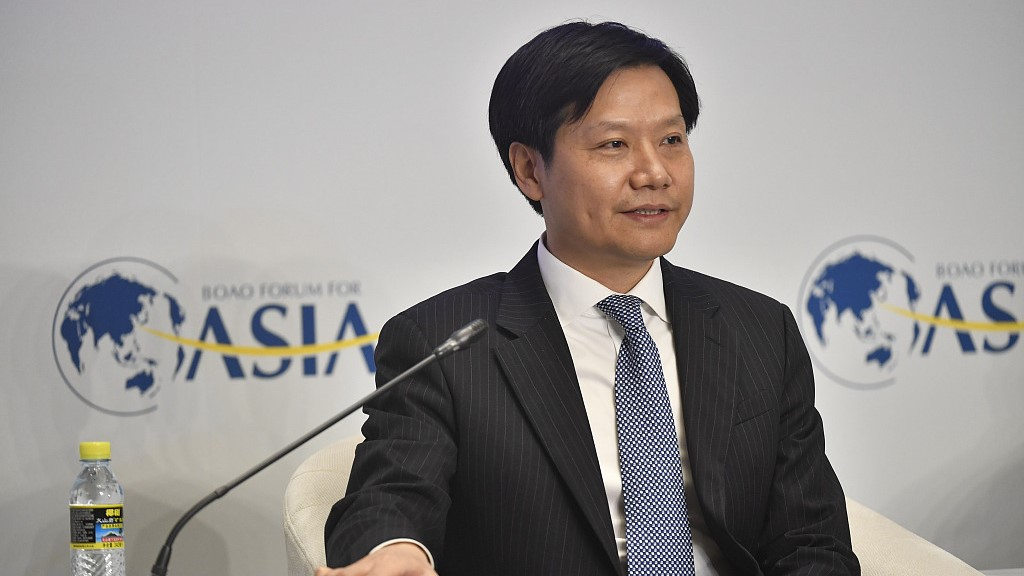
Lei Jun, CEO of Xiaomi, speaks at a panel discussion of Boao Forum for Asia 2019 in Boao, south China's Hainan Province, March 28, 2019. /VCG Photo
Lei Jun, CEO of Xiaomi, speaks at a panel discussion of Boao Forum for Asia 2019 in Boao, south China's Hainan Province, March 28, 2019. /VCG Photo
Lei Jun, CEO of Xiaomi, is optimistic about the application of 5G when it comes to the internet.
"We used to focus on using smartphones to connect to other devices," he said. "We have connected more than 140 million Internet of Things (IoT) devices under this strategy and the number ranks first globally in consumer IoT."
Lei believes that Xiaomi will see better development in the 5G era.
When asked about whether the company has plans to develop cars, Lei said that they will be focusing on 5G smartphones for now.
Yang Chaobin, president of Huawei's 5G product line, said that two issues have been solved after the release of the first 5G standard in 2018 – bandwidth and high speed, and the security architecture of 5G.
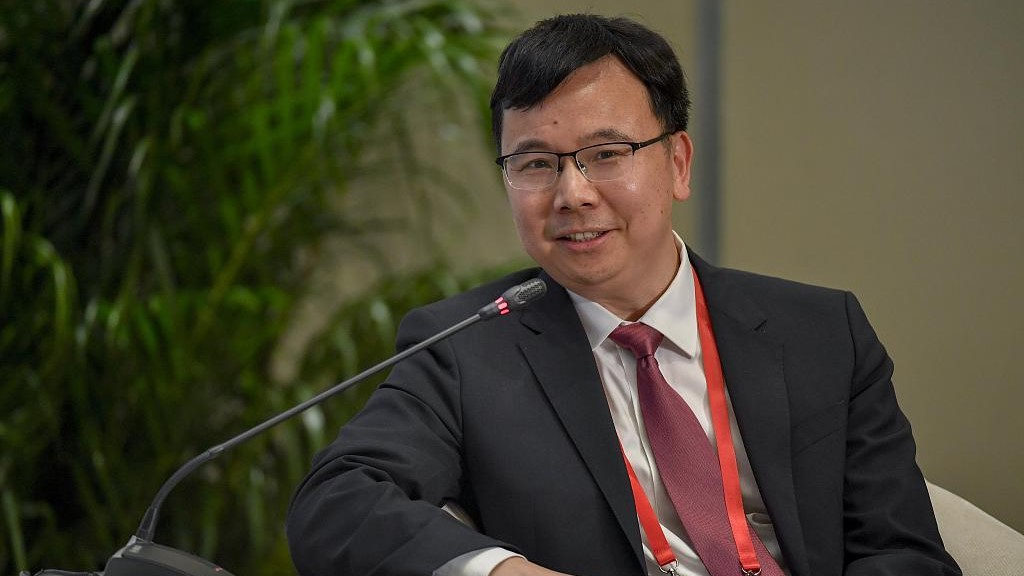
Yang Chaobin, president of Huawei's 5G product line, speaks at a panel discussion of Boao Forum for Asia 2019 in Boao, south China's Hainan Province, March 28, 2019. /VCG Photo
Yang Chaobin, president of Huawei's 5G product line, speaks at a panel discussion of Boao Forum for Asia 2019 in Boao, south China's Hainan Province, March 28, 2019. /VCG Photo
"We have been deployed 150,000 base stations together with China Mobile and LG," said Yang. "By using 5G, users can eventually experience 10-times faster speed."
In terms of security, Yang said that regulatory agencies and companies around the world have defined security architecture that is impeccable.
"The standard of 4G was released in 2008, but the first 4G cellphone came out in 2011," said Yang, adding the situation is different in 5G.
"The standard of 5G came out in 2018, and we can see that almost every company at this year's MWC in Barcelona brought their 5G phones for commercial use."
'4G is still critical'
It's hard for 5G devices to show their power without 5G networks.
As one of the three major operators of China, China Mobile provided a brief plan for commercial 5G.
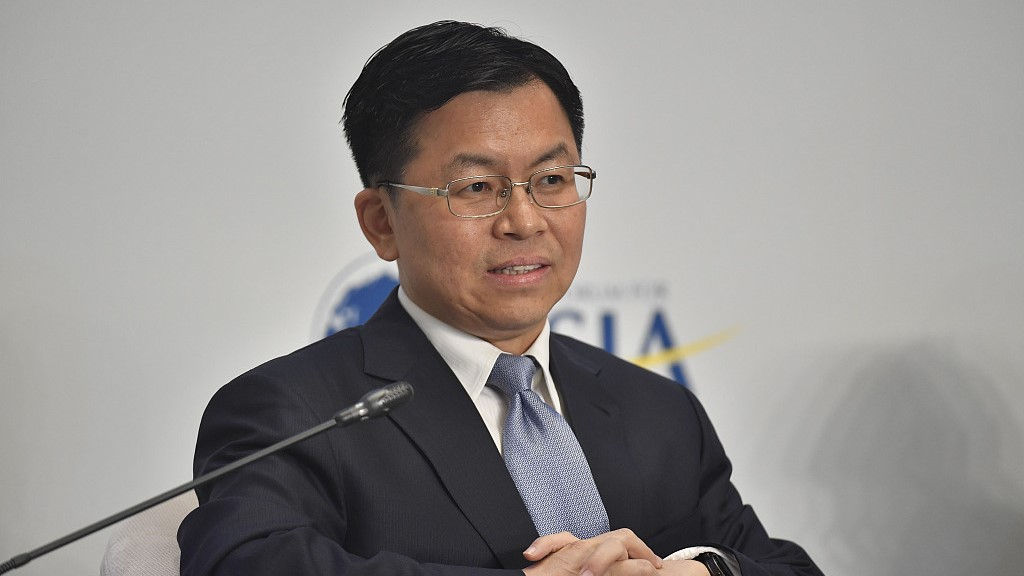
Li Huidi, vice president of China Mobile, speaks at a panel discussion of Boao Forum for Asia 2019 in Boao, south China's Hainan Province, March 28, 2019. /VCG Photo
Li Huidi, vice president of China Mobile, speaks at a panel discussion of Boao Forum for Asia 2019 in Boao, south China's Hainan Province, March 28, 2019. /VCG Photo
Li Huidi, vice president of China Mobile, said that synergistic development of 5G+4G is still critical.
"4G is the largest network in the world with more than two million base stations…it is important in terms of providing services of a variety of applications."
Li also mentioned 5G+AI as one of China Mobile's strategies to provide more and better experience to emerging technology such as IoT, cloud computing and edge computing.
China is expected to start the pre-commercial use of 5G, mostly on smartphones, in the second half of 2019.
And the three major telecom operators of China, China Mobile, China Unicom and China Telecom, plan to launch commercial 5G services in 2020, and some 5G applications of the Internet of Vehicles will be realized in the same year.
Wenchi Chen, chairman & CEO of VIA Group, and Yunmo Sung, minister of Ministry of Trade, Industry and Energy, also shared their views in 5G on this panel.
(Top image via VCG)

